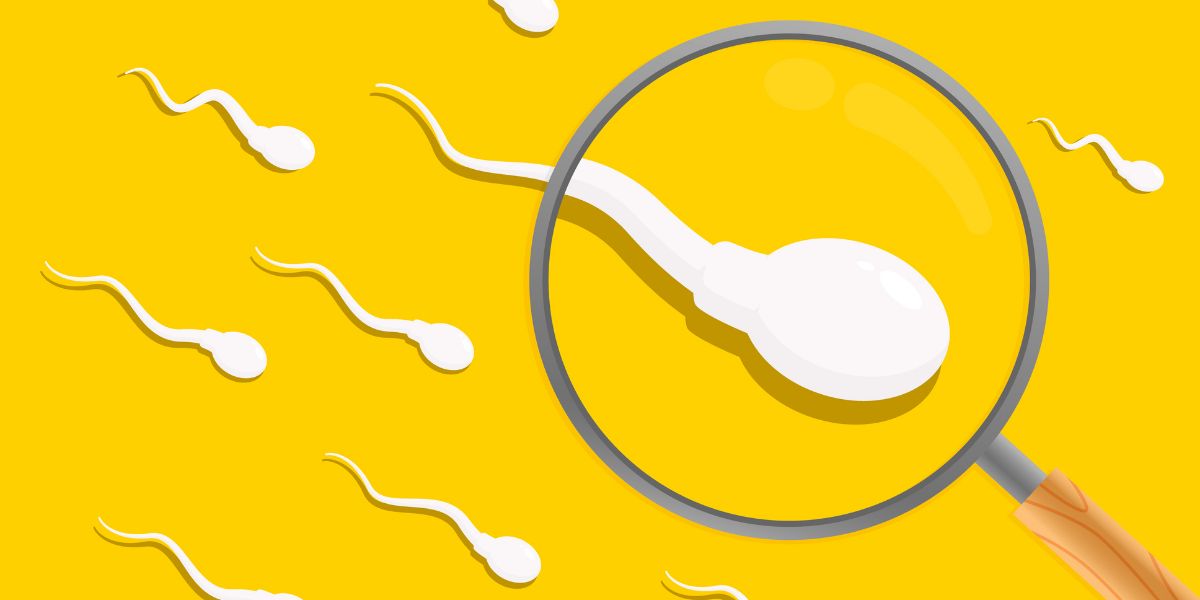Infertility is defined as being unable to conceive following a year of regular unprotected sexual intercourse
The NHS states that amongst the population as a whole, around 1 in 7 couples experience difficulty conceiving within the first year.
As diabetes can lead to additional problems that may affect fertility, the risk of infertility is therefore likely to be higher for couples in which one or more partner has diabetes.
Infertility can usually be treated but bear in mind that treatment on the NHS may vary depending on the cause and by funding available in your area.
Diagnosing infertility
If the cause of infertility can be identified, there is a better chance of being able to treat the problem. Infertility can affect both partners so it is best if you visit the doctor as a couple.
As there are many conditions and factors that can affect fertility, your GP will ask you a number of questions to determine what the problem may be and whether specific tests should be run.
Tests for women may include:
- Blood tests to test for hormone levels
- Ultrasound scans
- Swab tests for presence of chlamidya
Tests for men may include:
- A physical examination to check for abnormalities in the penis or testicles
- Semen analysis
- A urine sample to test for chlamidya
Chlamdiya is the most common sexually transmitted infection and can affect fertility.
Types of infertility
infertility may be categorised as primary infertility, if infertility occurs before a child is bor, or as secondary infertility if trouble conceiving occurs after a previous pregnancy.
Causes of infertility that can affect both men and women
The following reasons can affect the chances of conceiving in both men and women:
Certain medications may affect fertility. Chemotherapy can affect both male and female infertility as can taking the recreational drugs marijuana and cocaine
Common causes of infertility in women
The most common causes of infertility in women are conditions that cause problems in releasing of an ovum (egg). This can happen for a number of reasons including having PCOS , thyroid disease and premature ovarian failure.
Other common problems affecting fertility include blocked or damaged fallopian tubes, pelvic inflammatory disease (PID), poor egg quality and endometriosis.
Women who have diabetes are likely to experience irregular or absent periods and premature ovarian failure. The presence of diabetes complications is also known to significantly reduce fertility rates.
- Read more about the effects of diabetes on female fertility
Common causes of infertility in men
The most common cause of infertility in men is related to poor quality of semen such as having a low sperm count, having decreased sperm motility (sperm that doesn’t move properly towards the egg) or abnormally shaped sperm.
Varicoceles, caused by enlarged veins within the scrotum, is another common cause of infertility in men. There are also a number of conditions that are more common in men with diabetes that can decrease or impair fertility.
These conditions include:
- Erectile dysfunction – difficulty in achieving or maintaining an erection
- Hypogonadism – having low testosterone levels
- Retarded ejaculation – impaired ability to ejaculate
- Retrograde ejaculation – a problem which prevents sperm exiting out of the penis
Read more about the effects of diabetes on male fertility
Treatment
Treatment for infertility will depend upon the cause.
A number of common causes can be treated. For example, metformin can help to treat PCOS and surgery can help with treating problems cause by pelvic inflammatory disease or endometriosis.
In men, a number of treatments are available for erectile dysfunction and ejaculation disorders can also be treated.
If the cause cannot be identified or adequately treated, you may be eligible for assisted conception on the NHS. Assisted conception treatments include in-vitro fertilisation (IVF) and intrauterine insemination (IUI).
Eligibility for fertility treatment on the NHS may vary across different parts of the country. If you are not eligible for NHS treatment, you may wish to consider private treatment.
Prevention
In terms of the fertility problems attributable to diabetes, these risks can be reduced through good control of blood glucose levels and through maintaining a healthy body weight.
Some problems with fertility can be attributed to stress so its advisable to take measures that will reduce the amount of stress you or your partner are under.







